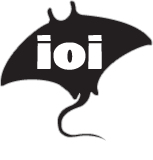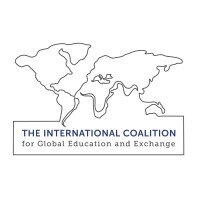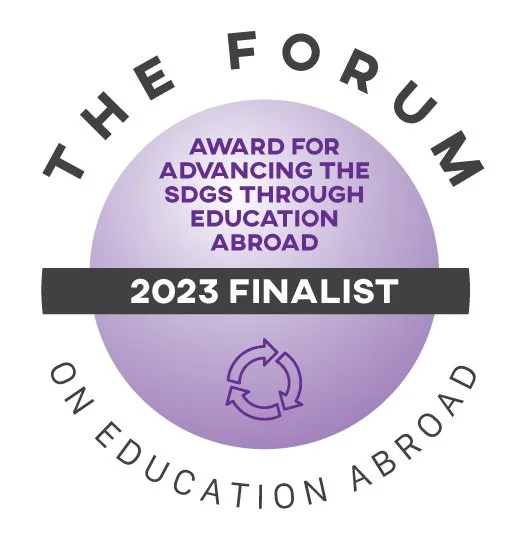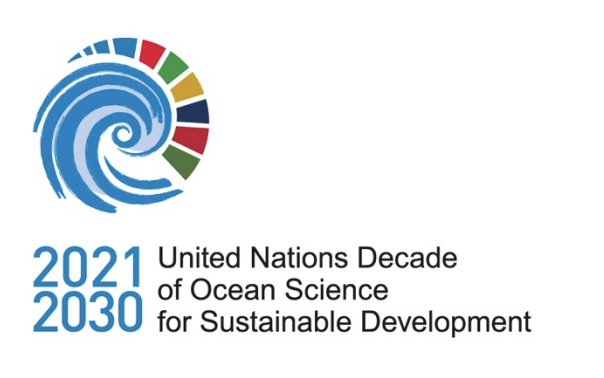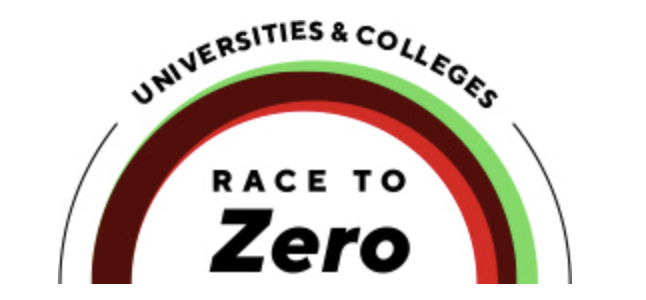How much do you know about our Marine and Coastal Habitat Conservation Volunteer Program in Cuba? Learn more about the program and current updates during the COVID-19 pandemic from IOI Cuba Staff, Reinaldo Borrego:
In the coastal community Cocodrilo, located in the “Managed Resource Protected Area of South of the Isle of Youth, Cuba,” a joint initiative is being developed in collaboration with the NGO IOI to contribute to the conservation of coastal marine ecosystems of the region.
Through this collaborative project, environmentally focused visitors participate in the initiative and voluntarily carry out various activities such as:
- Land and marine environmental clean up and restoration;
- Removal and ongoing management of exotic and invasive species;
- Coral restoration initiatives;
- Reforestation with native species of coastal areas;
- Intercultural exchanges with residents of the community.
- Monitoring and conservation of nesting marine turtles, during nesting and hatching season.
The beginning of our native plants garden at Villa Arrecife
From January to March 2020 a total of 9 volunteers, keen conservationists eager to learn from local experts, helped to achieve and complete all planned activities. However, the beginning of the spread of COVID-19 in the world caused the Cuban revolutionary government to adopt appropriate measures to prevent its spread in the Cuban national territory and thus safeguard the health of the people.
The National Action Plan implemented on March 24 proposed a series of actions, including the prohibition of accessing Cuba via international flights.
Volunteers work to pull invasive species that prohibit sea turtles from digging nests and laying eggs
Because of this, a logical and expected negative impact is, and will be, caused in the continuity of the activities carried out by environmental tourists that were systematically being developed in the first months of 2020.
Among the activities most affected are terrestrial and marine environmental restoration, the management of exotic and invasive species and reforestation activities, since they require a daily and active presence for their effective implementation and efficiency. Another activity that will likely be negatively affected by the lack of international participants will be the monitoring of locally marine turtles, that come to the shores of Cocodrilo and nearby beaches every year.
A volunteer helping with coastal clean up of trash
It is known that a continuous dragging of solid waste in the coastal line, as a result of the marine currents, is one of the most significant polluting actions, both on annual level but also when assessing its cumulative effects. In turn, exotic and invasive species are rapidly spreading and their effects are devastating when their numbers increase significantly. Not reforesting affects the deterioration of the coastal landscape and the consequent erosion of its dunes and soils.
It is also recognized as a positive effect that the confinement has had an impact on the proliferation of marine species since there has been a decrease in human pressure on fishery resources. In addition, transport at the territorial level has been reduced by more than 80%, which has influenced the decrease in the emission of CO2 and other polluting gases into the atmosphere.
The presence of environmental tourists in the community has proven to be excellent for fulfilling the general objective of the initiative and has proven to be an example for its residents who have assimilated it with gratitude and has been a successful way to motivate children and young people to carry out proper management and sustainable use of natural resources.
